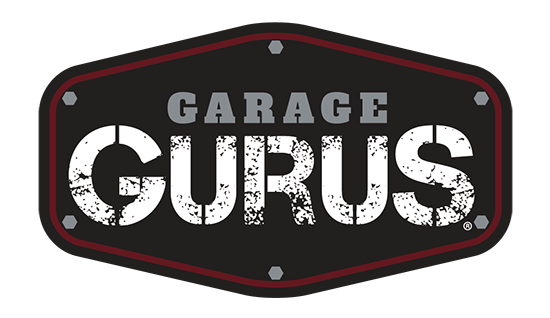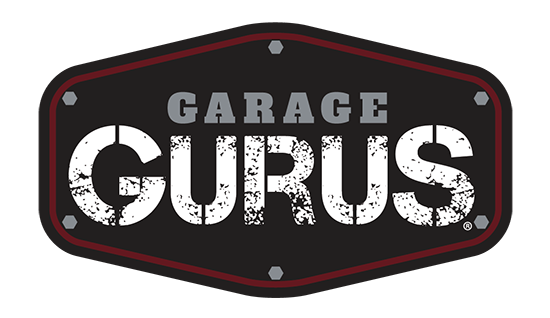Booked Up
In a perfect world, your schedule book would be full of appointments from open until close. Of course, that isn’t reality. Between those big jobs that keep the lights on, you need to fill the gaps to keep your shop in the black.
Have you thought about putting an emphasis on booking routine maintenance jobs as a way to drive sales? Scheduling more routine maintenance jobs could be the ticket to a full appointment book. But how do you get there? In a word: education. Learn how educating your customers is the key to booking more appointments for routine maintenance.
Seeing it From Their Side
Before writing off these profitable jobs, take a step back and put yourself in your customer’s shoes. You’re asking them to part with more of their hard-earned money, something that none of us likes to do.
If a customer needs new brakes, they know that they can’t safely drive their car until the work is completed. However, in the case of an engine air filter and even spark plugs, they may not have started to experience any adverse effects of aging parts. The customer could be thinking to themselves, “My car is running just fine; I can use that money for other things.”
Start by explaining to the customer what the part that needs replacing does in their vehicle. If you are pitching an engine air filter, tell the customer that the filter keeps dirt, dust and debris out of the engine which keeps the engine running its best. In the case of spark plugs, inform the customer that spark plugs play a key part in the combustion process that powers their vehicle. Use easy-to-understand language – avoid technical jargon.

Next, point out what could happen if the part isn’t replaced. Don’t overhype or use scare tactics; you want your customer to trust you and not feel like you’re trying to push them into something just to make a sale. It is imperative that they know that you’re looking out for their best interests. For the engine air filter, simply inform the customer that a dirty air filter can lead to poor gas mileage and reduced engine performance. Same with spark plugs: point out that dirty or fouled spark plugs reduce gas mileage and can cause lack of acceleration, engine misfires and rough idling. If the needed service involves safety, voice your concerns in a logical, rational manner. The key is to convey that you’re trying to help them avoid issues down the road that could be costly.

Seeing is believing! Showing the customer the worn or damaged part can be powerful. It is one thing to tell someone that their engine air filter is dirty and needs to be replaced, but it really makes an impact when you present the customer with the dirty air filter. Other parts that this works well with include windshield wipers, spark plugs and cabin air filters. If it makes sense, take the customer to the vehicle and show them what is going on. It’s human nature to need physical proof of something rather than taking someone’s word for it. This seemingly small act can go a long way to convincing your customer that this is a needed repair.

Close the deal by giving the total price for the part and installation. Hopefully by this point, you have illustrated to the customer that this is an important repair that will contribute to the safe and efficient operation of their vehicle and they will agree to the needed service.

Sweeten the offer by adding a small discount for scheduling routine maintenance in advance. For example: Save 10% when maintenance is scheduled in advance or bundled with another service.


 English
English